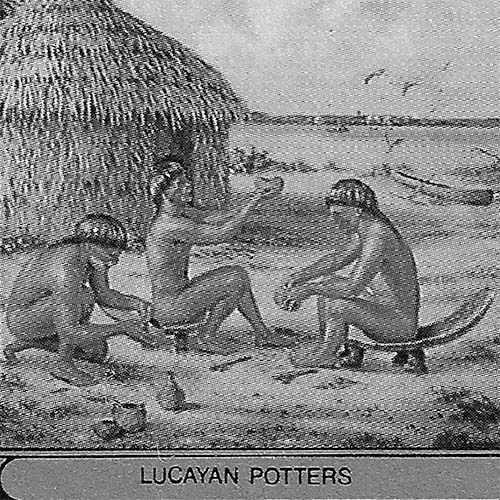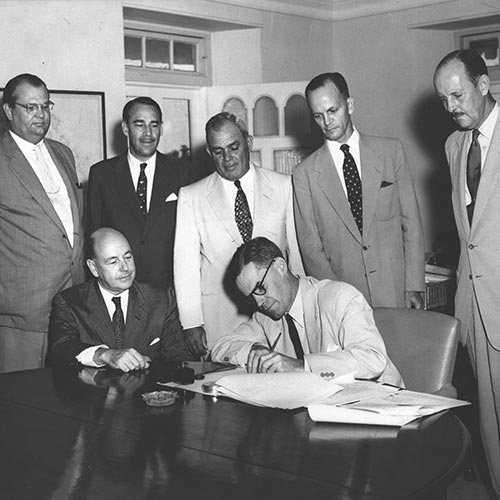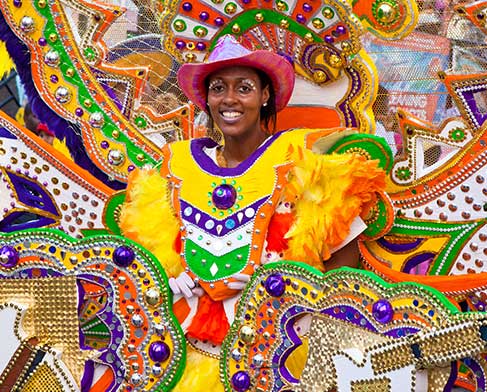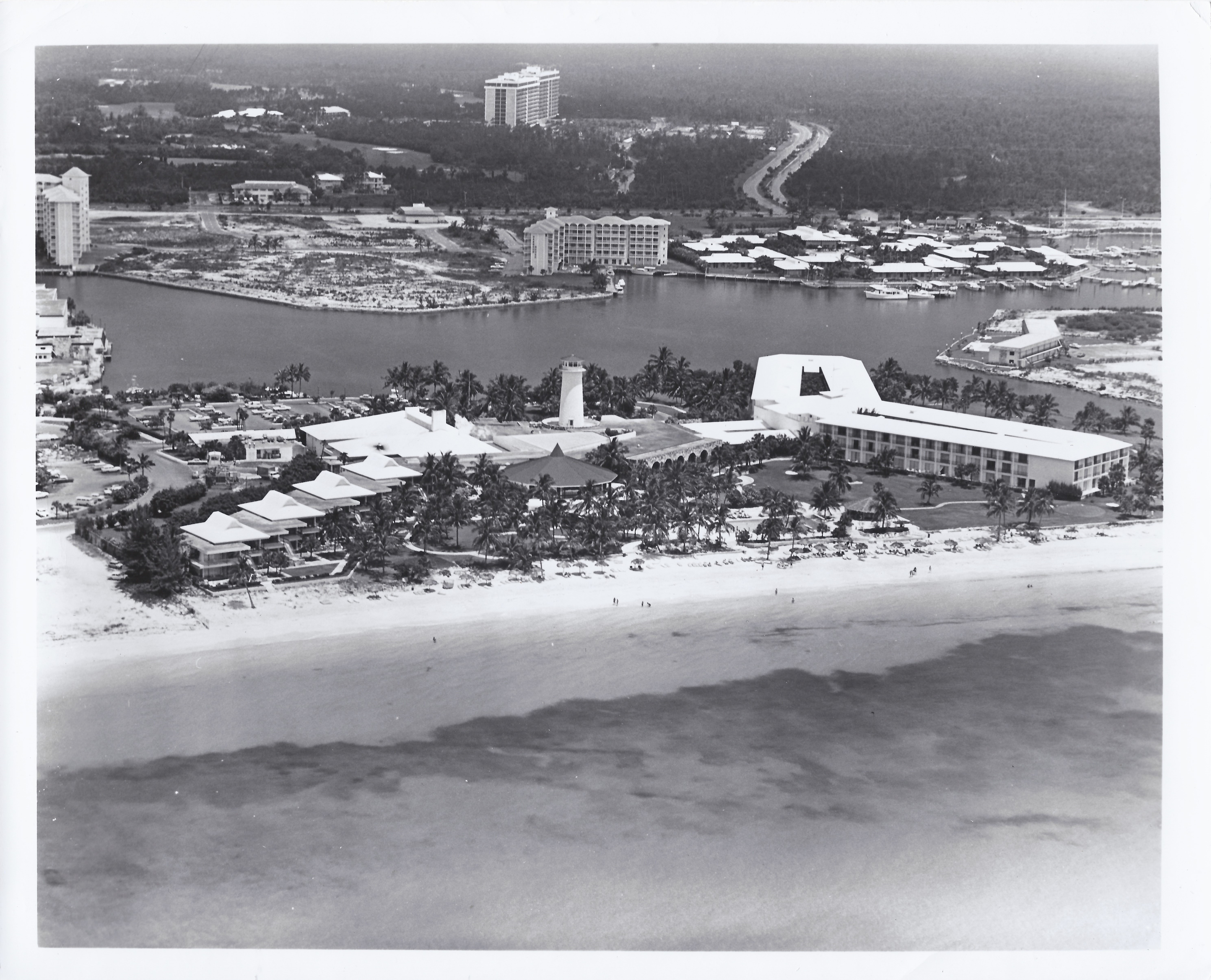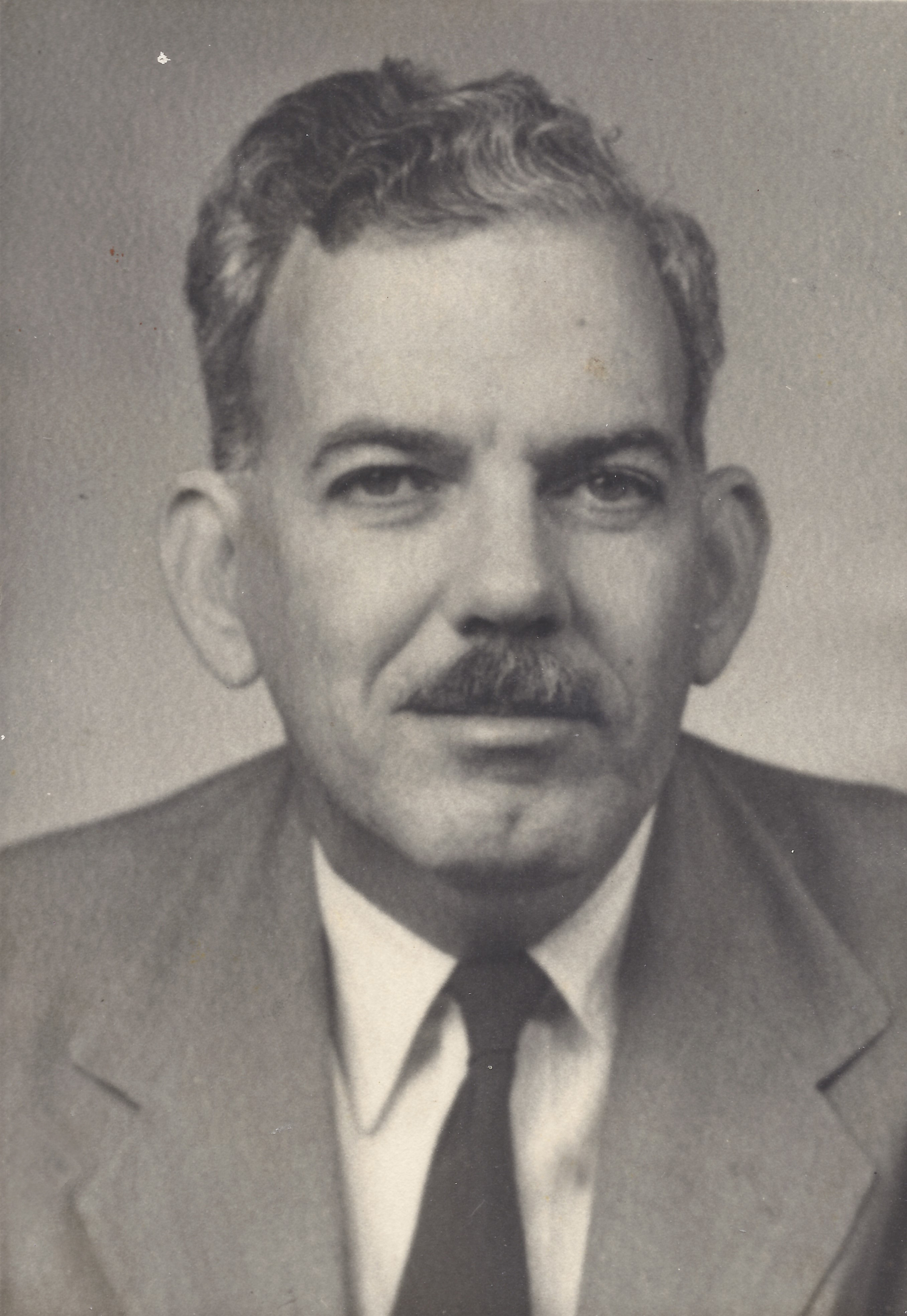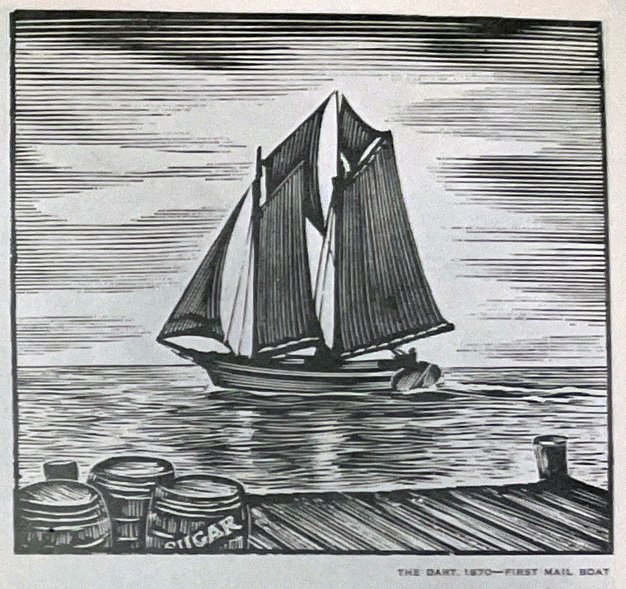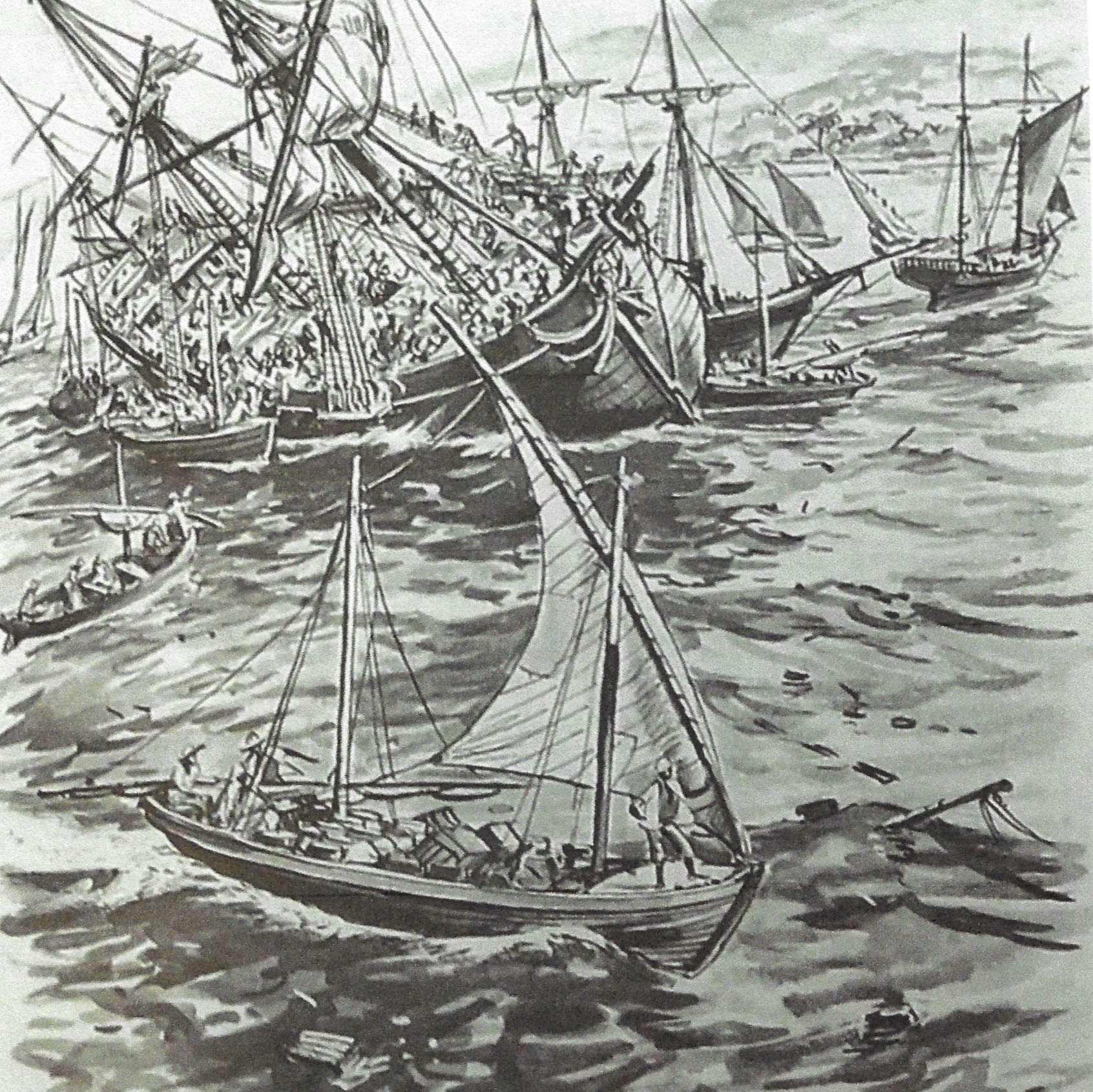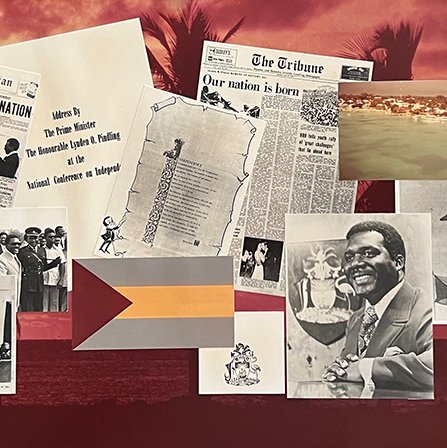History
Casino Gambling Comes to Grand Bahama
Despite the best initial efforts of DEVCO, development of Lucaya was still not happening fast enough. Land sales remained sluggish and funding was running low. This resulted in the radical decision to secure capital through the introduction of casino gambling.
No Longer Illegal
Gambling had been illegal in the Bahamas since 1901, but a couple of small casinos on Cat Cay south of Bimini and in Nassau had been made legal in 1939 through an act (sponsored by Stafford Sands) that allowed the Bahamian Governor in Council to make exemptions to the law.
A new company, Bahamas Amusements Ltd., was incorporated on March 20, 1963. Shares in the Amusements Company were divided between Louis Chesler and Georgette Groves, who each received 498 shares of 500 Class 1 shares and 498 Class 2 shares. The remaining Class 1 shares went to two of Chesler’s Canadian partners, while the two Class 2 shares went to Keith Gonsalves (future director of DEVCO and of Bahamian Amusements, Ltd.), and Sir Charles Hayward, another DEVCO director.
That same day, the new company made an application, drafted by Stafford Sands, for a Certificate of Exemption to the Governor in Council, in great secrecy. The certificate was quietly granted without difficulty 11 days later on April 1, 1963, allowing the Bahamas Amusements Company to operate an unlimited number of casinos on Grand Bahama for a period of 10 years.
Groves stipulated that all profits from Bahamas Amusements were to go to DEVCO to support the island’s hotels, as well as subsidizing land sale advertising, Bahamas Airways flights to Grand Bahama and encouragement of cruise ships to visit Freeport.
Certificate of Exemption Conditions
As always, the Certificate of Exemption came with conditions:
- If within three years the Port Authority had not added at least 300 hotel rooms in addition to those already existing or under construction, and another 400 rooms within five years, the exemption would be cancelled.
- Management and control of all casinos had to be maintained by Bahamas Amusements, and not transferred to any other corporation or individual.
- No U.S. citizens were to be allowed to work in the casino (through fear of mob involvement).
- Gambling was forbidden to Bahamian residents.
- Casino profits were allowed to be taxed.
A Solution to the Development Crisis
The idea of a casino had been under consideration for some time, presumably at the suggestion of Louis Chesler and Stafford Sands. Wallace Groves only came to grudgingly agree in 1961 when there seemed to be no other solution to the development crisis.
Chesler was not only a financial speculator but also an enthusiastic gambler. He had long been involved with casinos (and the inevitable organized crime figures), and was instrumental in financing the purchase of the 450-room Hotel Nacional Casino in Havana, Cuba for Mike McLaney in 1958 before McLaney moved to the Bahamas to manage the Cat Cay Club.
Sands had decided that it was wiser to wait until after the 1962 Bahamian election to make a bid for exemption from not being permitted to operate casinos. Plans for the Lucayan Beach Hotel included an area designated as a “handball court.” Once the Certificate of Exemption had been issued, it became the Monte Carlo Room, an opulent 76 x 120-foot casino with an enormous crystal chandelier and a carpet with three-inch pile. It was separate from the rest of the hotel (both physically and legally), costing Chesler’s construction firm $25,000 per room.
High-Roller Junkets
The Monte Carlo Casino opened on January 11, 1964. The costly luxurious appointments of the hotel and casino were not in themselves an extravagance – they were calculated as appropriate for attracting the wealthy, high-roller gamblers whose losses could make or break the operation.
The gamblers were carefully recruited in the U.S. and elsewhere and flown to Freeport on all-expense-paid junkets that cost the casino a great deal, but also guaranteed its profitability.
As Life Magazine reported in February 1967:
“In 1965, its first full year of operation, the Lucayan Beach Hotel casino on Grand Bahama spent $494,552 on chartered flights, just to bring in freeloading planeloads of ‘high-rollers’— big-spending gamblers with blue-chip credit ratings-who had been invited from all over the U.S. Another $935,268 was allocated to provide hotel and ship accommodations for such pampered guests.”
The junkets were very successful, as DEVCO officer Keith Gonsalves noted, bringing in two-thirds of the casino’s profit.
Turning Point for DEVCO
The Monte Carlo’s success proved to be the turning point in DEVCO’s financial situation. Funds from Bahamas Amusements were able to underwrite the Lucayan development for several years.
Unfortunately, the Lucayan Beach Hotel, which had been sold to Allen S. Manus, a Canadian rival of Chesler’s, was not equally successful, going into receivership in 1966 and eventually leading to the bankruptcy of the Canadian holding company of the Atlantic Acceptance Corporation. Ltd.
It also resulted in the embarrassing scandal of Bahamian government corruption and Mafia influence that would erupt in the media in 1966 and 1967.
Chesler vs. Groves II
The financial shenanigans and intemperate behavior of Louis Chesler brought tension between him and Wallace Groves to a breaking point. Chesler first offered to buy out the Groves’ interest, but Groves was able to acquire enough stock to gain full control of DEVCO and Chesler found himself replaced as director by banker Keith Gonsalves in May 1964, and was cut out of Bahamas Amusements as well.
1965 – A Miracle Year
Freeport/Lucaya was now poised to enter in what would prove to be its peak of growth and prosperity. The 1965 Bahamas Handbook reported that:
“1965 was a miracle year in Freeport. Everything increased or expanded over 1963: roads from 103 to 137 miles; shops and stores from 27 to 113; Freeport School from 160 to 375 pupils; motor vehicles from 1,646 to 4,221; and gasoline consumption from 111,382 (U.S.) gallons in December of 1963 to 234,273 in December 1964. The overall population of Grand Bahama, 8,454 in the census of 1963 (compared with the 4,095 of 1953), was estimated at the end of 1964 to total 13,000. Of these, 4,700 were residents of Freeport/Lucaya – an increase not of twice but almost thrice over the previous year… The total of business licenses granted by the Port Authority rose to 401 by the end of 1964, compared with 244 in 1963. (p. 326)”
Construction of new hotels couldn’t keep up with the demand for rooms, so the cruise ship Italia was brought to Freeport Harbor to serve as a floating hotel under its new name, the Imperial Bahama.
The airport quadrupled in size and a jet landing strip was constructed.
The Underwater Explorers' Club was formed on the Bell Channel and attracted serious divers from around the world who wished to take advantage of Grand Bahama’s crystal-clear sediment-free waters.
The Holiday Inn opened for business, and construction began of its new towering 14-story Oceanus House (later the Atlantic Beach Hotel) neighbor on the Lucayan Beach. Work also began on the International Bazaar and the El Casino complex near to Ludwig’s King’s Inn.
“Suddenly, the city was viewed as a get rich quick place, rather than a ‘go broke place’ as had been thought by many islanders in past years… It was considered a vacationer’s and a businessman’s utopia. Tourists flocked in droves to the island anxious to hobnob with the celebrities who had made the Lucayan Beach their playground. Proposals of every sort of business imaginable flooded the Port Authority’s desks. Land sales skyrocketed!”20
- Georgette Groves
20 Jolene Prewit-Parker. A Dream Come True.
